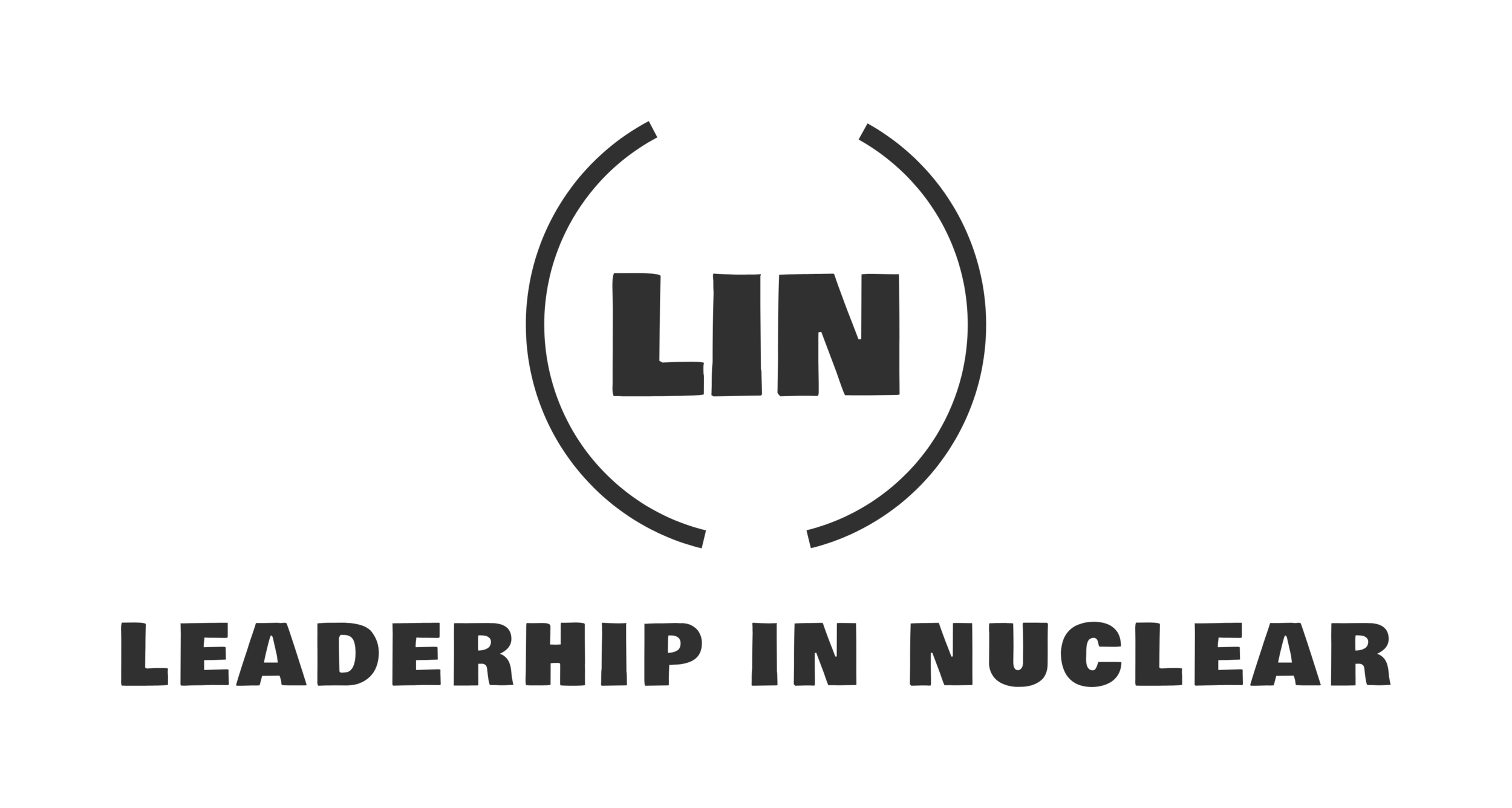The greatness in Management
When comparing Management and Leadership, you have probably heard the question: Is he/she a leader or a manager? Sometimes Management has got a rather low reputation in the cooperate world.
I believe that the best organizations need to have both leaders and managers.
One definition that I often use is that managers are like thermometers; they measure the temperature in the organization. Leaders, on the other hand, are like thermostats. They turn up the heat, meaning that they improve productivity and increases profitability in the company.
As an example, studies have shown that a 1% increase in engagement increases profitability by 20%. Leaders have more skills when it comes to increasing engagement than managers do.
Usually, there is a lack of leaders in an organization. However, managers can develop themselves to become leaders if they are willing to train their leadership muscles.
If you are a leader surrounded by managers, it is easy to take the leadership role in all situations. You want to share your knowledge with the managers because you know that leadership skills create better results, following the thermostat principle.
I have stepped into that box as a leader. However, you must sometimes show that you can speak and act like a manager. Almost every leader knows how to do this because they have all started their leadership journey as managers.
When you show others that you possess management skills, your leadership skills will become even stronger. I learned this from a professor in psychology, and it is called the “Expanding oneself”-effect.
You create rapport with the managers, and they are going to listen to you when you are sharing your leadership skills.
Once you have the managers with you, the combination of your leadership skills and their managing skills will be highly useful for the company when it comes to creating results.
How to be a good manager
A good manager knows how to delegate effectively. He makes sure that the person performing the task has got the right skills and knowledge.
The excellent manager communicates clearly what to do and why. There is always enough time for questions.
The How is up to the person performing the task to figure out. There are always different ways to do a job, and you might lose accountability if you both say what to do and how to do it.
Telling someone what to do and how to do it is called micromanaging. It can be hard for some managers to avoid.
Delegating by E-mail hardly never works. There have been numerous times where I needed to clarify what I meant through my e-mail. Instead, the excellent manager takes a short meeting with the person when delegating.
After the delegation, you must follow up. This shows that you care and that you haven´t forgotten about the task. It also sets an expectation that the job is essential.
The frequency for the follow up can vary as long as you do it until the end of the task.
If several persons are working from different departments together with a delegated task, it can be beneficial to write a delegating document to be extra clear about the purpose, expectations, time to delivery, etc.
The downside of having too many managers in an organization is that soon every task is going to be followed up. The consequence is that productivity goes down. The reason is that people stop taking personal responsibility because the employees perceive the follow up as a lack of trust.
The overall objective can be lost, and silos-based thinking start occurring more frequently.
There has to be a balance between trust and follow up. Based on my experience, you need more follow up when you have an immature group of people.
The good manager also knows how to be a great planner. He makes sure that the job gets done on time and plans proactively. It can be precious for the company because reliability builds trust. Read more about the Trust equation here.
Managers and leaders excel together.
A good manager can be the leader’s best asset. Planning, organizing, following up and making sure that the company delivers according to plan is essential. The leader can then concentrate on the things he/she does best by influencing, inspiring, building people and new leaders, etc.
The best companies have both the best leaders and the best managers because, in a relatively large organization, you have a variety of people with different needs.
The trick is to place the right leader/manager to the right groups according to their needs. When managers grow themselves with new leadership skills, they will develop the people, and the people will improve the organization.
